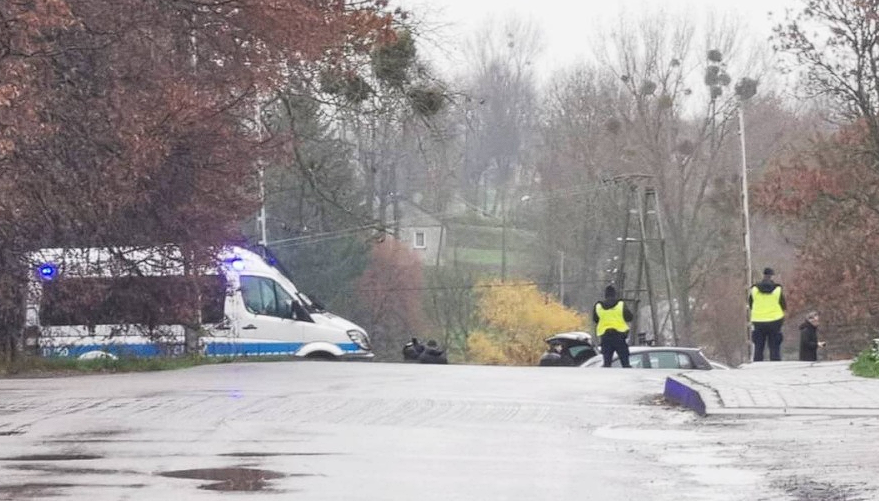Suspects in the attack on an associate of Navalny were detained in Poland.
Others are reading now
The suspects involved in the attack on Leonid Volkov, an associate of the late Russian opposition leader Alexei Navalny, have been detained in Poland.
Lithuanian President Gitanas Nauseda confirmed the arrests via a statement on Twitter, noting the collaborative effort between Polish and Lithuanian law enforcement agencies.
This development was reported by Lithuania’s news agency, LRT.
Also read
Details of the Attack and Investigation
The incident, which occurred last month in Vilnius, saw Volkov attacked near his residence. The assailant reportedly waited for him to park his car before breaking the vehicle’s window with a hammer, spraying tear gas into his eyes, and physically assaulting him, resulting in a broken arm.
President Nauseda reacted to the progress in the case, stating, “Today, I am happy to announce that the suspects have been detained in Poland.”
He extended his gratitude to Polish President Andrzej Duda and the law enforcement teams involved in the operation. “Together we warn the organizers of the crime: do not try to repeat it,” the Lithuanian President added.
Suspects and Legal Proceedings
While the specific identities and nationalities of the detainees have not been disclosed, it has been confirmed that two individuals are currently in custody. They are expected to be extradited to Lithuania after the completion of necessary procedural actions, although a precise timeline for this has not been provided.
The Lithuanian special services suspect that the attack on Volkov was orchestrated by Russian special services, linking it to the political climate surrounding the then-upcoming presidential elections in Russia.
The motive appears to be tied to the active roles that several Russian opposition figures play within the political landscape, many of whom were under special protection during the election period in Lithuania.


